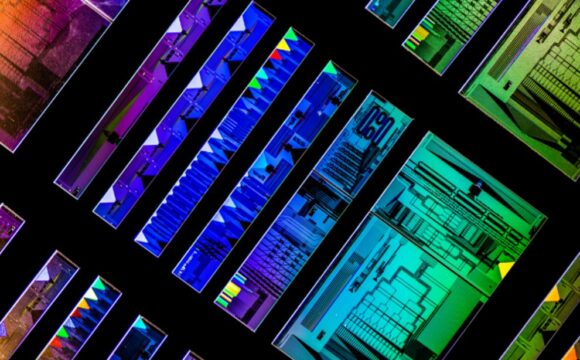Wide-field-of-view chip-scale LiDAR for autonomous machines

Next-generation LiDAR
Autonomous vehicles and machines have the potential to change the world, but they are limited by light detection and ranging (LiDAR) sensors that cannot meet the demands of cost, reliability, sensing performance, and scalability. This team is developing a next-generation LiDAR sensor that will enable autonomous machines and vehicles to see and navigate. Based on research in collaboration with the MIT Lincoln Laboratory, this patented technology promises a solid-state LiDAR sensor that is higher-performing, more reliable, truly scalable, and lower cost than other solid-state sensors in development or on the market. The technology is based on a novel nanophotonic architecture that allows for a field of view of 160° by 25°, and lower electronic complexity than other solid-state technologies.

MIT Spinoff Building New Solid-State Lidar-on-a-Chip System
The team at Kyber Photonics is developing a LiDAR chip to enable the next generation of autonomous robots and vehicles.